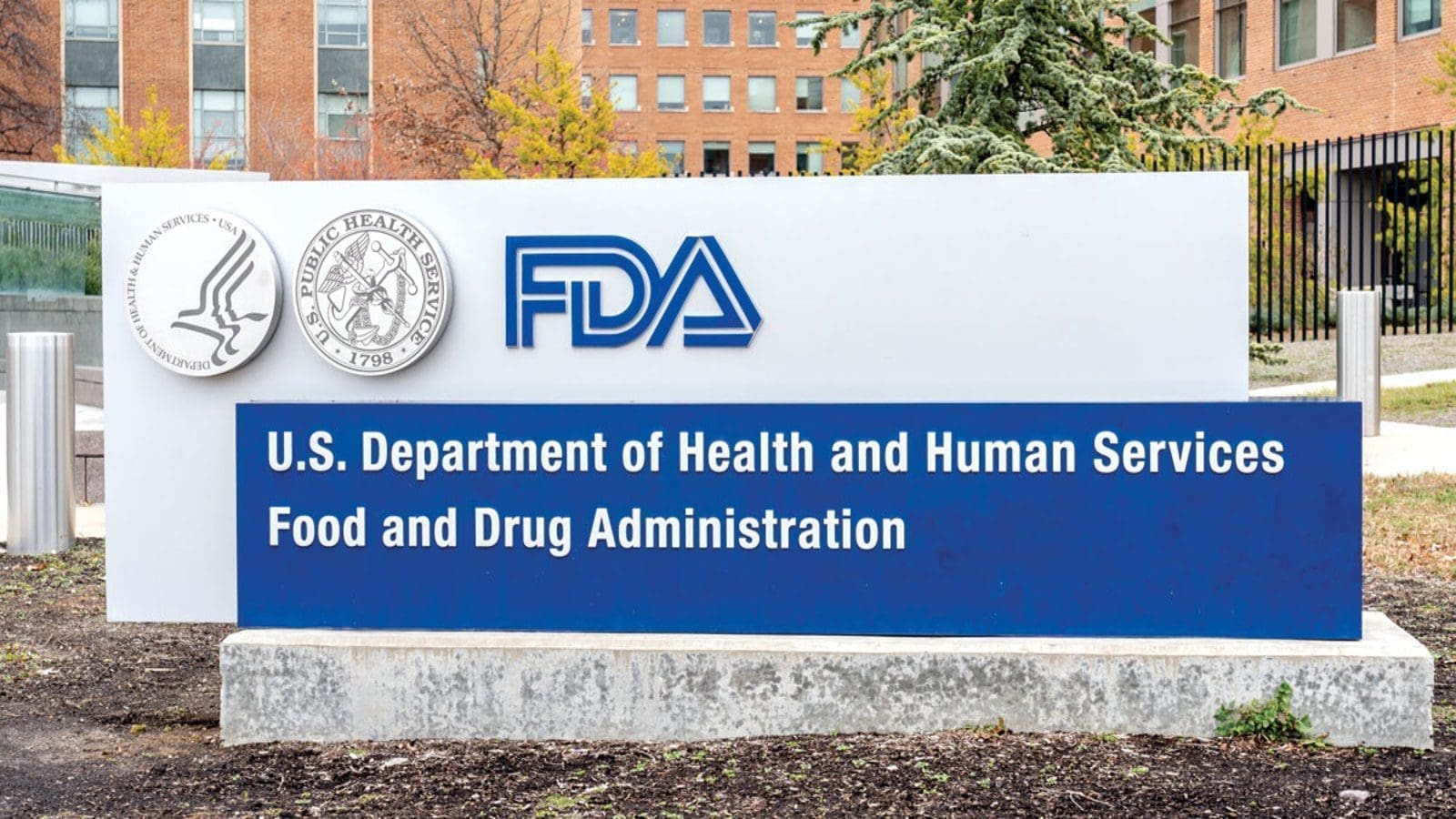U.S – To better assist the organization as a whole, the U.S. Food and Drug Administration (FDA) has unveiled a new, transformative vision for the Human Foods Program and the Office of Regulatory Affairs (ORA).
The concept calls for the establishment of a consolidated Human Foods Program with a single Director reporting directly to the FDA Commissioner, eliminating duplications, and empowering the organization to regulate human food more effectively and efficiently.
Interestingly, these changes come hot on the tail of the FDA’s Deputy Commissioner, Food Policy and Response, Frank Yiannas’s resignation.
While penning his resignation, the Deputy Commissioner cited that the decentralized structure of the foods program significantly impaired the FDA’s ability to operate as an integrated food team and protect the public.
As such, he recommended the creation of a more integrated operating structure and a fully empowered and experienced Deputy Commissioner for Foods, with direct oversight of those centers and offices responsible for human and animal foods.
The agency reviewed the Reagan-Udall Foundation’s external evaluation, along with a separate internal examination of the agency’s infant formula supply chain response that was finished last year, before making their final decision.
These evaluations’ conclusions and suggestions identified problems with culture, structure, resources, and authorities.
They also noted several areas of need, including modernizing data systems, providing more resources and authority, improving emergency response systems, and building a more robust regulatory program.
FDA Commissioner Robert M. Califf, M.D. stated in the agency’s briefing on the new vision that the need for a new strategy for FDA’s human foods activities was evident upon his return to the agency, which was not long before the infant formula supply problem emerged.
The FDA’s transformation was suspended until the problem was managed.
Additionally, FDA Principal Deputy Commissioner Janet Woodcock, M.D. clarified that the infant formula supply crisis and the breakdown in the agency’s response were “systems problems, not an individual problem,” and that people won’t be asked to leave their positions or be reassigned in an effort to demand personal responsibility for the crisis.
Concerns about the new FDA structure’s ability to appropriately mitigate future shortages of essential foods were also highlighted during the meeting.
According to Dr. Califf, the goal of the new structure is to realize the goals of the FDA Food Safety Modernization Act (FSMA) by establishing a more proactive approach to preventing potential problems.
He continued, “although FDA is raising the issue [of supply chain challenges], it is not within FDA’s purview” adding that supply chain issues still exist and are something that the entire nation will need to address.
Dr. Woodcock noted that, while the FDA will do everything in its power to prevent a shortage of critical food in the future, it could still happen.
Under the new plan, the Office of Food Policy and Response (OFPR), the Center for Food Safety and Applied Nutrition (CFSAN), and other ORA activities will be combined into a newly envisioned agency named the Human Foods Program.
With the capacity to more swiftly adapt to an ever-changing and dynamic environment, the proposed structures for the Human Foods Program and ORA will both have definite priorities that are concentrated on safeguarding and promoting a safe, wholesome food supply in the United States.
The new approach takes into account feedback from stakeholders as well as from staff members working in the Human Foods Program who had the chance to share input through numerous interactive and listening sessions over the course of the past month.
It is intended to address the recommendations outlined in the aforementioned reports on FDA’s performance.
New structure to encourage collaboration
Under the new plan, the Office of Food Policy and Response (OFPR), the Center for Food Safety and Applied Nutrition (CFSAN), and other ORA activities will be combined into a newly envisioned agency named the Human Foods Program.
FDA will conduct a competitive national search for a Deputy Commissioner for Human Foods who will oversee the program.
The incumbent of this position will directly answer to Dr. Califf and be tasked with overseeing a coordinated Human Foods Program that maintains the nutritional value and safety of regulated foods while keeping the agency abreast of the most recent developments in science, technology, and nutrition.
The Deputy Commissioner will have decision-making authority over policy, strategy, and regulatory program activities within the Human Foods Program, as well as resource allocation and risk-prioritization.
Other key elements of the proposed new Human Foods Program organization include the creation of a Center for Excellence in Nutrition that prioritizes the FDA’s ongoing efforts to help American consumers make more informed food choices, including by working with the industry to offer healthier, more nutritious food products.
FDA has proposed to establish an Office of Critical Foods, as directed by the 2023 Consolidated Appropriations Act, within this center.
The program also plans to establish an Office of Integrated Food Safety System Partnerships that will focus on elevating, coordinating and integrating FDA’s food safety and response activities with state and local regulatory partners to more effectively meet the vision of an Integrated Food Safety System as envisioned in FSMA.
This newly proposed structure will ensure greater collaboration and support of state-level inspectional activities.
To help support the agency’s scientifically grounded decision-making activities, a Human Foods Advisory Committee will be established. The Human Foods Advisory Committee will consist of external experts to advise FDA on challenging and emerging issues in food safety, nutrition, and innovative food technologies.
In addition, there will be an emphasis on strengthening the FDA’s enterprise information technology and analytical capabilities to fulfill the promise described in the New Era of Smarter Food Safety and support the improvement in workflow that will accompany these changes.
This area of focus will support the work of the Human Foods Program by enabling more facile communication, more efficient operations, and enhanced empirical risk algorithms to guide the priorities of the program and the work in the field.
“While details of this proposal continue to be developed, CFSAN, ORA, and OFPR will continue to operate under their current structures, with my direct oversight. I look forward to providing additional public updates by the end of February on our progress, organizational design, and timeline,” said Califf.
For all the latest food safety news from Africa and the World, subscribe to our NEWSLETTER, follow us on Twitter and LinkedIn, like us on Facebook and subscribe to our YouTube channel.








